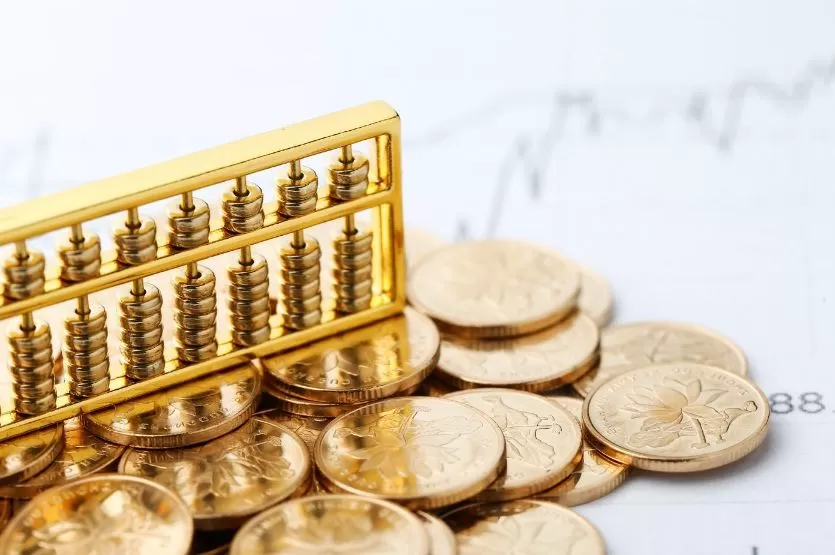With the new year, many investors are reassessing their portfolios and looking to adapt to the economic challenges lying ahead. As difficult as 2022 was due to inflation and recession fears, many of those same challenges are carrying forward into this year.
If you’re looking to add gold to your portfolio or increase your position this year, you need to know the economic trends in 2023 that could have an impact on the price of gold.
As always, the success of a gold investment starts when you purchase it. You want the most reliable and in-demand gold products at the lowest premiums to help maximize your investment. Check out bullion dealers like Global Bullion Suppliers to find up-to-date prices on globally-recognized gold coins and bars.
Prices Depend on How Inflation Responds
In many countries around the world, inflation has been alarmingly persistent. Inflation in many of the world’s wealthiest economies is at a multi-decade high, and gold is widely regarded as a hedge against it.
Inflation is the rising price of goods, which effectively means that currency is losing value compared to the things it buys. This is where gold can become a useful hedge. Investors continue to use gold as a kind of alternative currency. Even though you can’t buy your necessities with precious metals, gold’s role throughout human history as a store of exchange value makes it an attractive alternative when paper money is on the decline.
Gold can help investors preserve wealth at a time when cash is rapidly losing value. It can be a useful alternative to holding onto large cash reserves.
Is a Recession Still on the Way?
The response to sky-high inflation around the world has been sharp and persistent, as global rates have risen at an unprecedented rate in an effort to curb rising costs and prevent inflation from becoming entrenched. Central banks are determined to prevent high inflation from settling in permanently, and they have proven themselves more than willing to trigger a recession to accomplish that goal.
With recession fears remaining strong, investors are cautious about putting their money into equities. Volatility has stubbornly plagued markets, so demand for alternatives has been high.
Gold has historically had positive price responses to recessions. While there are no guarantees about how any asset will fare in a recession, past trends suggest there are plenty of advantages to investing in gold ahead of a global economic downturn.
Strong Demand from Central Banks
Demand is projected to remain strong in 2023, thanks in part to bullish attitudes toward gold from central banks. The average return on gold has beaten bonds and most equities since the 2000s, and many central banks are turning to gold in the face of looming local recessions.
Central banks purchased 400 tons of gold in the third quarter of 2022, doubling their previous record set in the third quarter of 2018. It’s a sign that central banks around the world are hedging against their own economies. China’s central bank alone added $1.8 billion in gold to its reserves.
With 2023 promising more inflation and higher interest rates leading some economies into recession, it may be time to diversify those portfolios and hedge with gold.
